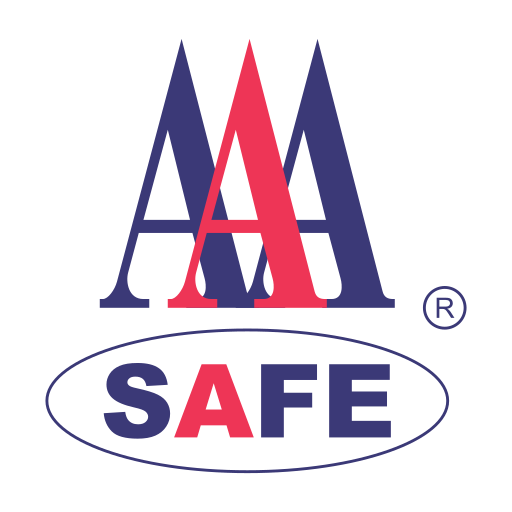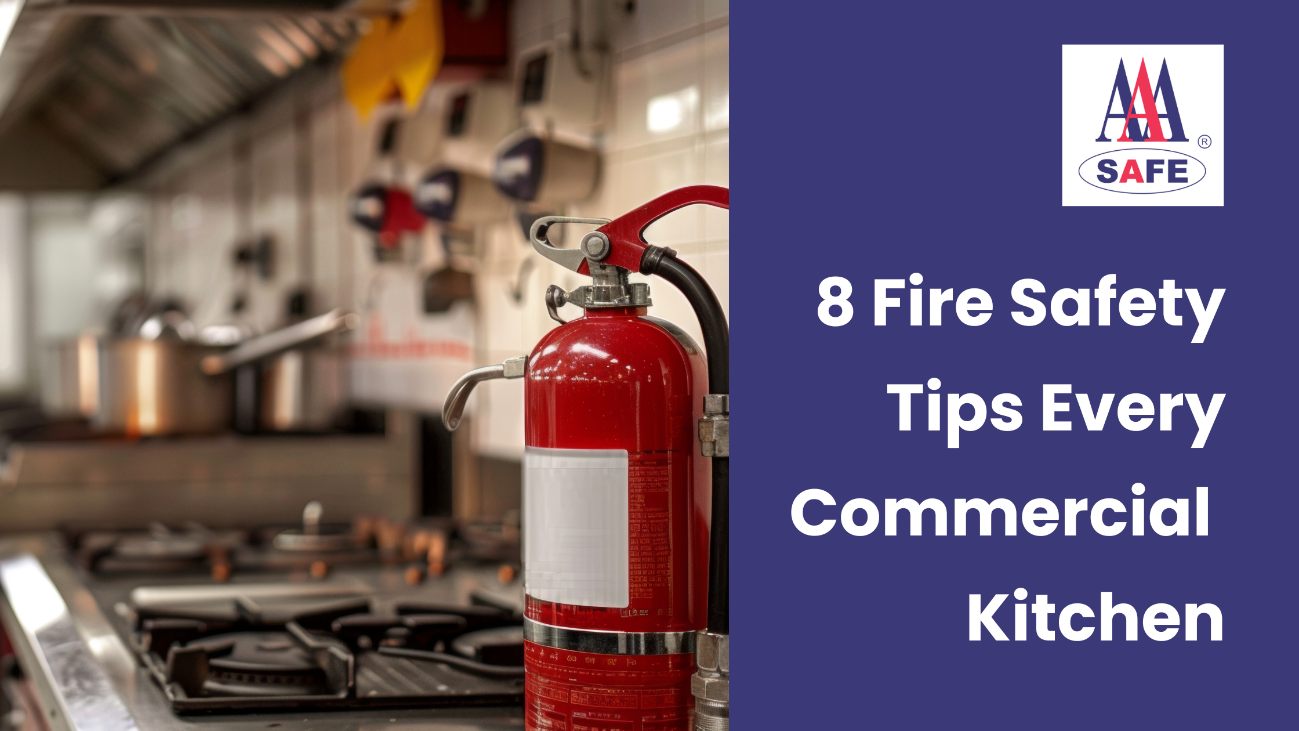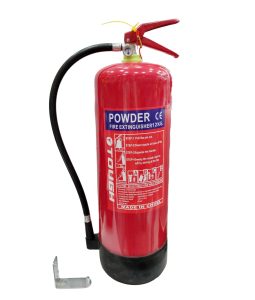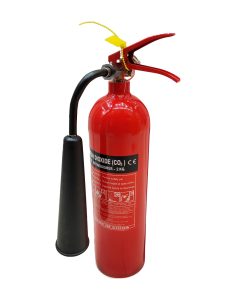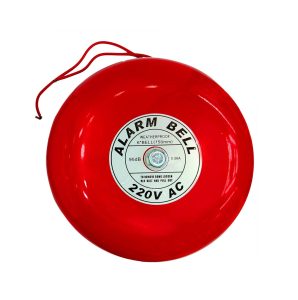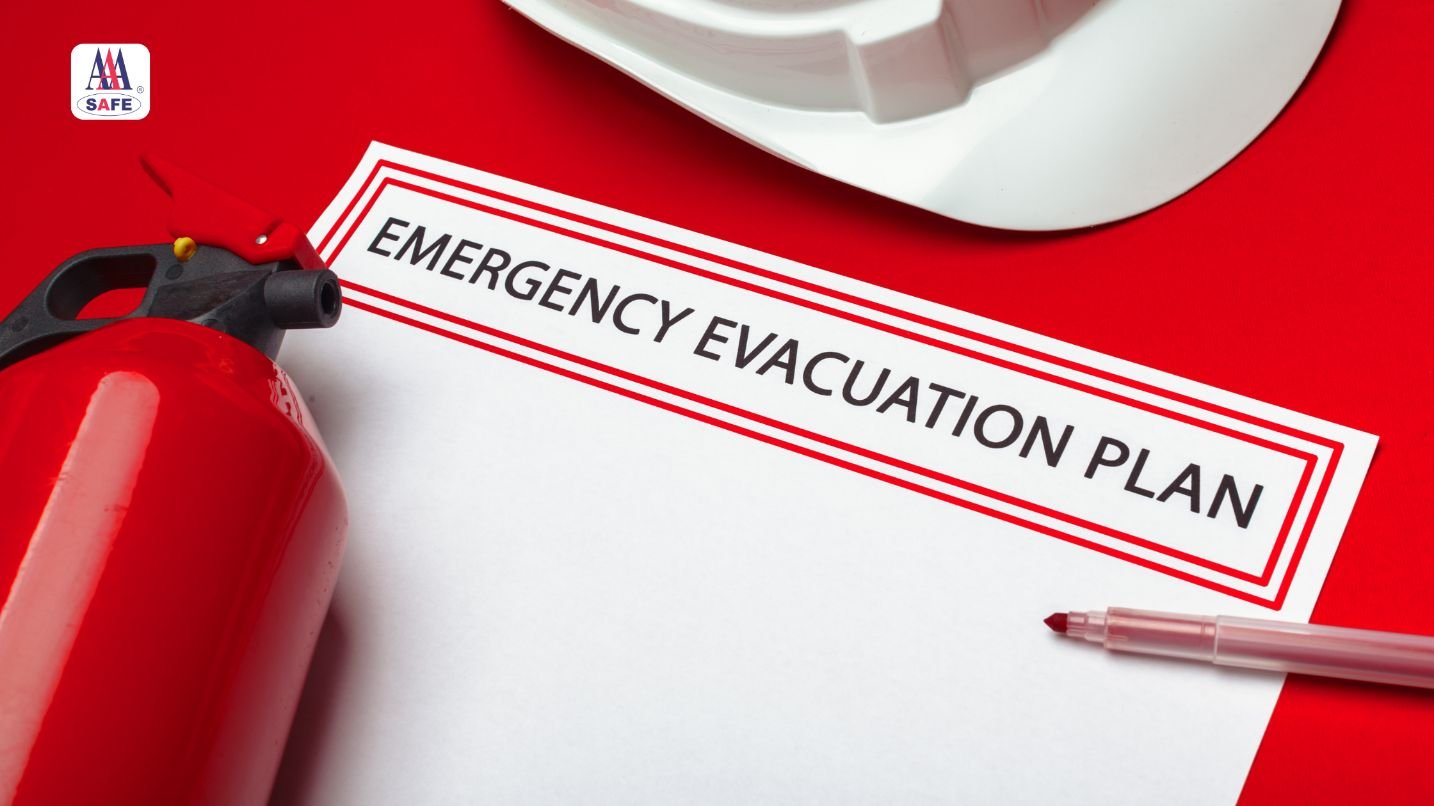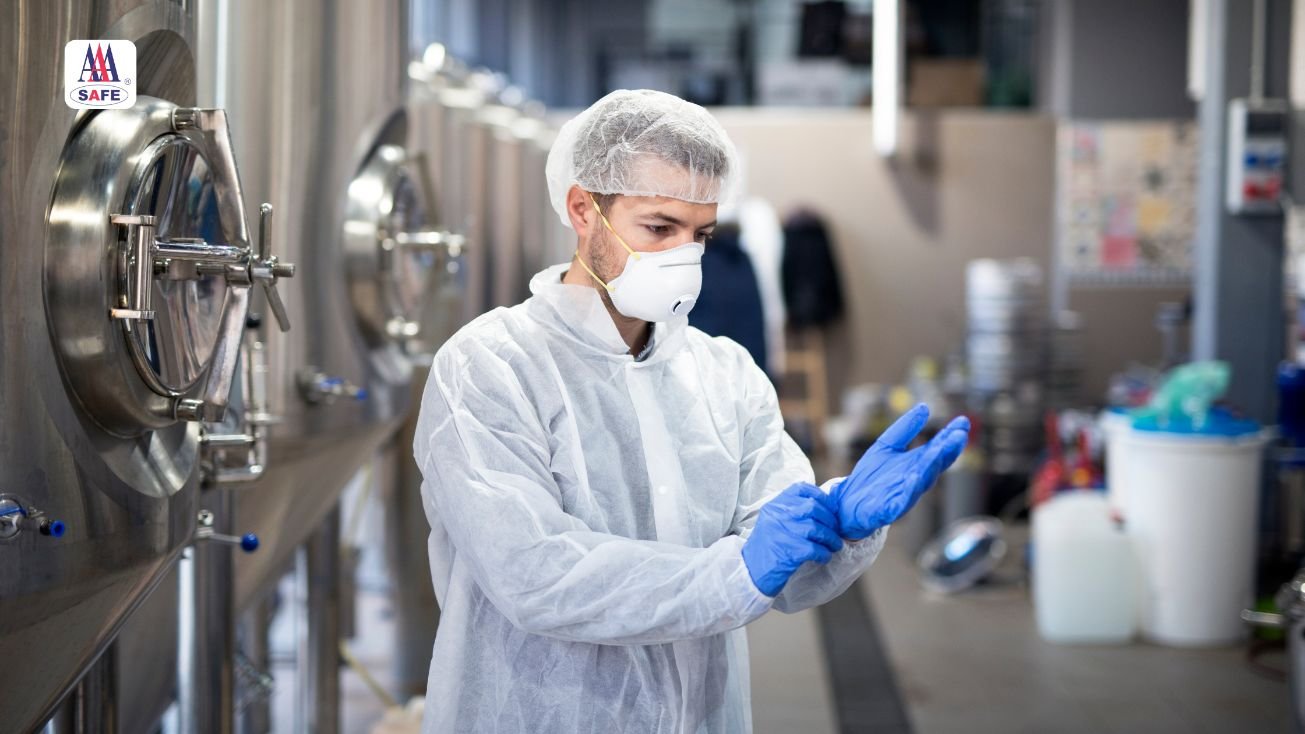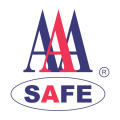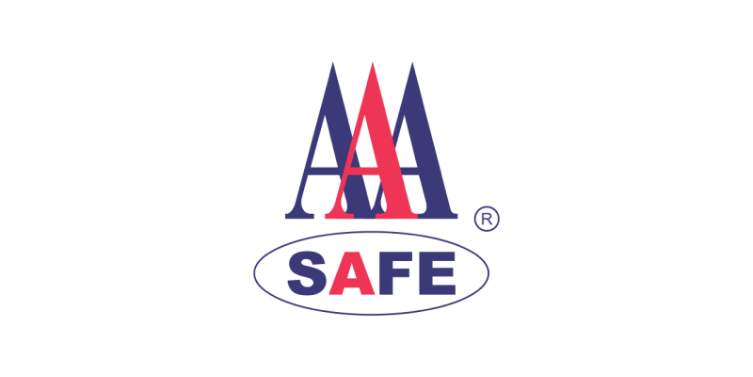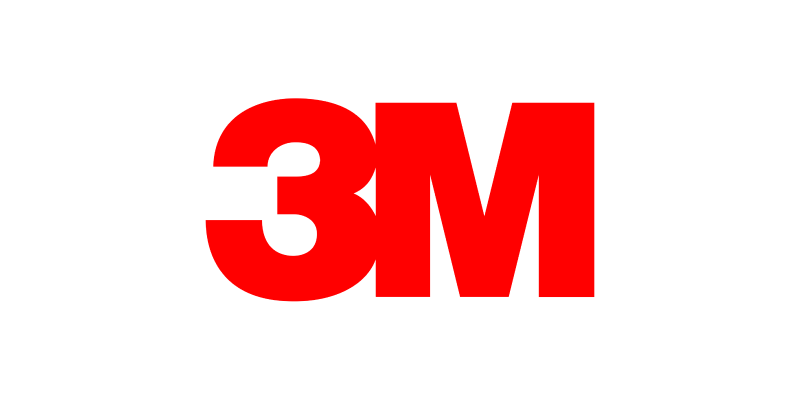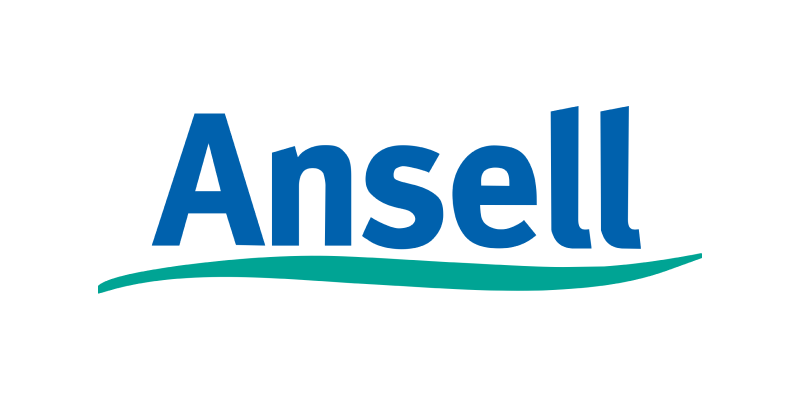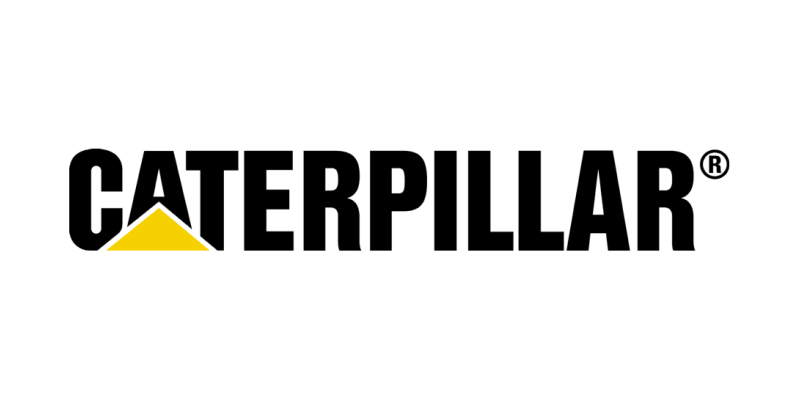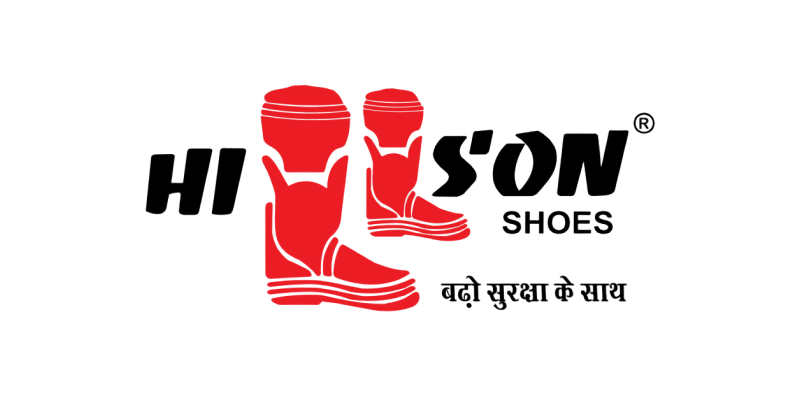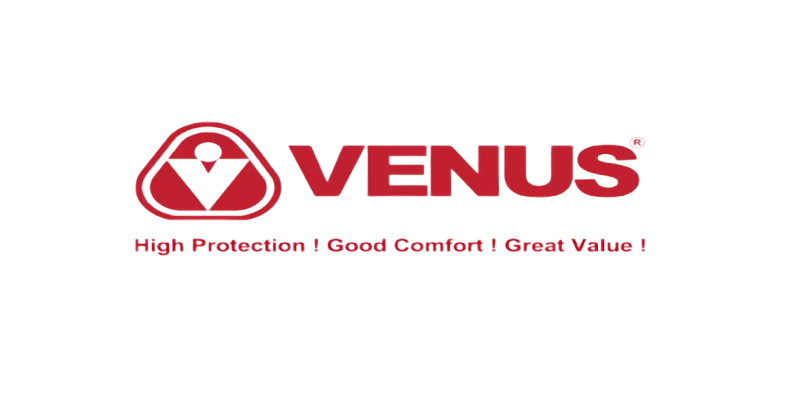The culinary scene in the United Arab Emirates (UAE) is renowned for its diversity and vibrancy. From street food stalls in Dubai to luxury dining establishments in Abu Dhabi, commercial kitchens are at the heart of every dining experience. However, these kitchens also pose significant fire risks due to the use of high heat, flammable materials, and complex kitchen equipment. Ensuring fire safety UAE is crucial not only for safeguarding lives but also for maintaining business continuity and complying with local regulations.
In this blog, we will cover eight essential fire safety tips that every commercial kitchen in the UAE must adhere to, ensuring the safety of employees, patrons, and property while meeting the stringent regulations set by the UAE authorities.
1. Install and Maintain Proper Fire Suppression Systems
Fire suppression systems are the backbone of fire safety in any commercial kitchen. These systems are designed to detect fires quickly and extinguish them before they can spread, which is particularly important for grease and oil fires, which are common in kitchens.
Key Fire Safety Measures:
Key Measure | Description |
UL 300 Compliant Systems | Install fire suppression systems that meet UL 300 standards. |
Regular Maintenance & Inspections | Ensure regular servicing, testing, and inspection of systems. |
Training for Manual Activation | Train kitchen staff on how to manually activate the system if required. |
UAE Context:
The UAE’s Fire and Life Safety Code mandates the installation of automatic fire suppression systems in commercial kitchens, particularly in areas where cooking oils and fats are used. To ensure these systems are always functional, the UAE Civil Defence conducts regular inspections. Non-compliance can lead to hefty fines or even business closure, emphasizing the importance of system installation and maintenance.
2. Proper Storage and Handling of Flammable Materials
Flammable materials such as cooking oils, cleaning agents, and paper products are prevalent in commercial kitchens. Proper storage and handling of these materials are vital to preventing fire hazards.
Essential Fire Safety Practices:
Practice | Description |
Store Flammable Liquids Safely | Keep oils and chemicals in approved, secure containers. |
Distance from Heat Sources | Ensure that flammable materials are stored away from direct heat sources. |
Waste Management System | Set up a safe and systematic disposal method for flammable waste. |
UAE Perspective:
Given the extreme temperatures in the UAE, flammable materials are more susceptible to spontaneous combustion. The high summer temperatures can cause oils and chemicals to become volatile, making proper storage and handling even more critical in preventing fire incidents. Therefore, adherence to fire safety storage standards is not just a regulation but a necessity for safety.
3. Regular Cleaning and Maintenance of Kitchen Equipment
Grease buildup and food debris in kitchen equipment are leading causes of kitchen fires. Regular cleaning is essential, both for maintaining hygiene and for fire safety.
Fire Safety Cleaning Routine:
Cleaning Task | Frequency |
Exhaust Hood & Duct Cleaning | Monthly or as per manufacturer guidelines |
Grease Trap Maintenance | Clean traps regularly to prevent grease accumulation. |
Deep Cleaning Services | Schedule professional deep cleaning sessions at least once a year. |
UAE Regulations:
The UAE Food Code mandates regular cleaning of kitchen equipment, including exhaust systems, to ensure not only hygiene but also fire safety. The buildup of grease in hoods and ducts can become a significant fire risk if not cleaned regularly. Moreover, UAE Civil Defence conducts inspections to check that commercial kitchens adhere to both fire safety and hygiene regulations, ensuring compliance with safety standards.
4. Proper Training of Kitchen Staff in Fire Safety Procedures
Kitchen staff are on the frontlines when it comes to fire safety. Proper training ensures that they can effectively handle fire-related emergencies, such as identifying potential hazards or evacuating the premises quickly and safely.
Key Training Components:
Training Focus | Key Actions |
Fire Extinguisher Usage | Train staff in the proper use of fire extinguishers (ABC type). |
Evacuation Procedures | Ensure all employees know the safest exit routes. |
Fire Hazard Identification | Educate staff on how to recognize potential fire hazards, such as faulty equipment or unattended flammable materials. |
UAE Training Standards:
The UAE Civil Defence offers training programs for commercial establishments, including restaurants and hotels. Staff members are required to participate in fire safety training, ensuring that they know how to react in the event of a fire. Regular fire drills and emergency evacuation exercises are often mandatory for maintaining business licenses and compliance with safety standards.
5. Ensure Proper Ventilation Systems
Proper ventilation is not only essential for maintaining a comfortable work environment but also for fire prevention. Without adequate airflow, heat, smoke, and flammable gases can accumulate, increasing the risk of a fire.
Ventilation Fire Safety Measures:
Task | Action |
Install Commercial Exhaust Systems | Ensure that the kitchen has a commercial-grade exhaust system. |
Duct Cleaning & Maintenance | Clean the ducts regularly to avoid grease buildup. |
Monitor Airflow & Replace Filters | Regularly check airflow and replace filters as needed. |
UAE Considerations:
Given the scorching heat in the UAE, ventilation systems often work under extreme pressure. Regular maintenance is necessary to ensure that they operate efficiently and do not become a fire hazard. Failing to maintain the ventilation system could result in overheating and possibly a fire. The UAE’s harsh climate underscores the importance of routine checks to ensure these systems remain functional.
6. Implement a Regular Fire Safety Inspection Schedule
Regular inspections can help identify potential fire hazards before they escalate. It’s essential to develop a comprehensive fire safety inspection routine for your commercial kitchen.
Fire Safety Inspection Checklist:
Inspection Task | Action |
Check Fire Extinguishers | Ensure extinguishers are in good working condition and properly charged. |
Inspect Electrical Systems | Look for faulty wiring, overloaded circuits, or exposed wires. |
Examine Emergency Exits | Ensure exits are free from obstruction and easily accessible. |
UAE Compliance:
In the UAE, the Civil Defence conducts regular fire safety inspections to ensure that commercial kitchens are meeting all fire safety requirements. Additionally, kitchen owners should maintain their own inspection schedules to ensure that nothing is overlooked. Failure to comply with fire safety regulations can result in heavy fines, making it imperative to stay on top of safety checks.
7. Proper Storage and Disposal of Cooking Oils
Used cooking oils present a major fire risk if not handled correctly. Proper storage and disposal practices are crucial for maintaining a fire-safe kitchen environment.
Oil Fire Safety Tips:
Oil Safety Measure | Action |
Store Fresh Oil Correctly | Keep oils in cool, dry areas away from heat sources. |
Use Approved Containers for Used Oil | Always store used oil in sealed, heat-resistant containers. |
Contract with Licensed Disposal Services | Dispose of used oil through licensed waste disposal companies. |
UAE Oil Management:
The UAE government has stringent regulations regarding the disposal of used cooking oils. Not only is proper disposal necessary for fire safety, but it also helps comply with the UAE’s environmental standards. Improper oil disposal can lead to fines and pose an environmental hazard, in addition to increasing fire risks.
8. Establish and Practice Emergency Evacuation Procedures
In the event of a fire, a clear, practiced evacuation plan can save lives. It is essential that all employees know the quickest and safest way to evacuate the building in case of a fire.
Evacuation Fire Safety Essentials:
Evacuation Task | Action |
Mark Emergency Exits Clearly | Ensure that all exits are clearly marked and visible at all times. |
Conduct Regular Fire Drills | Regularly practice evacuation drills with the entire staff. |
Designate Safe Assembly Points | Assign a safe location outside the building for all staff to gather after evacuation. |
UAE Emergency Preparedness:
The UAE Civil Defence places a high emphasis on emergency preparedness. As part of fire safety regulations, commercial kitchens are required to conduct regular fire drills and update their evacuation plans. Non-compliance can result in fines, making it essential for kitchen managers to stay on top of emergency preparedness.
Conclusion
Implementing these eight essential fire safety tips will significantly reduce the risk of fires in commercial kitchens across the UAE. Not only do these measures ensure the safety of staff and patrons, but they also help businesses comply with UAE regulations, preventing costly fines and potential business closure.
In a dynamic culinary landscape, where businesses range from bustling street food stalls to luxurious hotel kitchens, fire safety should never be compromised. By following these fire safety tips, you can ensure that your kitchen remains a safe, efficient, and compliant environment for everyone involved.
